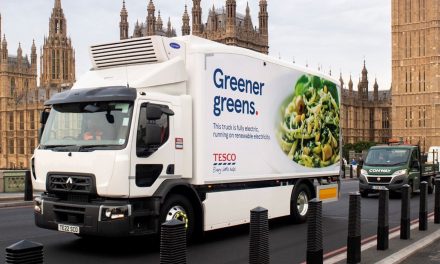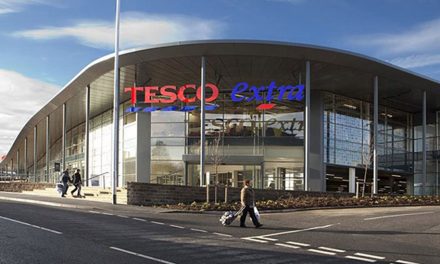
Retail Viewpoint – Retailers recognise small can be beautiful
It appears that small could become increasingly beautiful in retail land judging by the interest shown by merchants in smaller outlets.
For many years it has simply been about getting ever-bigger sheds near large conurbations while small stores in small towns have been left to remainder book sellers and charity shops.
But we could now be experiencing something of a renaissance in the smaller outlet. The mobile phone retailers have realised that saturation has been reached in the larger towns around the UK and are now focusing their attention on servicing lesser towns through stores with reduced footprints and in the case of O2 it is tying this in with franchising whereby it can run these stores from lower volumes.
B&Q is the latest operator to turn its attention to smaller outlets as it looks to better tailor this part of its portfolio in what are typically smaller towns. The ability to successfully edit the range of such stores to local markets is of paramount importance and ultimately determines the success or failure of smaller stores. But where retailers today have assistance with this tough task is through the use of in-store kiosks with broadband connections where orders can be place by customers for home delivery.
There is also a rekindling of interest with smaller stores in the US where the forthcoming opening of Tesco’s chain of smallish neighbourhood food stores is leading to all the main US supermarkets – including Wal-Mart, Safeway and Whole Foods – to take a look at copying the format and using them to compliment their massive sheds.
Consumers flock to real green retailers
The argument still rages about how much of the recent ‘greenness’ of the UK’s major supermarkets is down to PR rather than any true desire by them to act more environmentally friendly. There remains much scepticism among consumers about the ulterior motives of our large grocers. But this appears to be having little effect on their trading as the multiples continue to grow their market shares.
However, those retailers whose foundations are based on acting ethically and environmentally friendly are outstripping the rest of the market – including the other supermarkets. For starters there is the Co-operative, which is enjoying an impressive rejuvenation as consumers look to align themselves with its socially responsible stance.
Proof of its return to form is the signing up of 500,000 new people to its ‘divi’ loyalty programme that takes the membership to 2.5 million people. That other beacon of ethical credibility John Lewis also continues to trade exceptionally well at both its department stores and Waitrose chain and the expectations are that it will dish out half years profits up by as much as 40 per cent. Against a difficult climate in the retail sector this is a quality performance that is undoubtedly driven by the trust that consumers have in the organisation.













